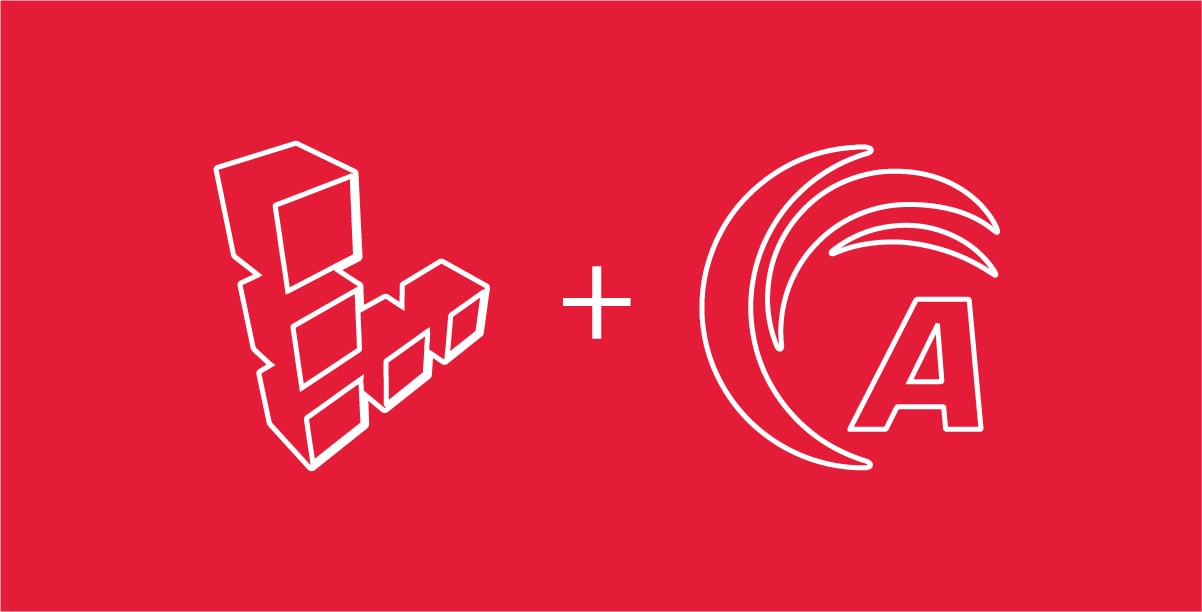
When it was announced earlier this year that content delivery network (CDN) provider Akamai would acquire IaaS cloud platform provider Linode for a staggering $900 million, it left many feeling uncertain: especially Linode’s existing customer base. While the merger has boosted Akamai’s financial numbers for this quarter, like the acquisition of cPanel by Oakley Capital back in 2018, it’s well-known that these large-scale buyouts more often than not result in price increases and decreased levels of service for current customers. Understandably, this has left much of Linode’s base in a state of turmoil, unsure of the company’s future and on the verge of exodus. In this article we’ll take a look at what this acquisition means for current and future customers, discuss the rising discontent among Linode’s base, and assess possible alternatives for customers in need of reliable services from other providers.
Akamai’s Growing Ambitions
When the merger was first announced, the immediate response among most was confusion. How exactly would this fusion of Akamai’s CDN and security services benefit the developer-friendly, Linux-based IaaS cloud platform Linode had grown famous for? Unfortunately, it has become apparent that Akamai’s ambitions extend far beyond a simple cloud service addition to their tech portfolio. Instead, their plans for Linode seem focused on presenting “major enterprise” size clients with what Akamai CEO Tom Leighton boldly refers to as “the world’s most distributed compute platform.” In other words, they’re focusing on edge computing and cloud development synergies at scale in an effort to compete directly with hyperscale cloud providers like AWS and Microsoft Azure.
While Akamai claims this integration of Linode’s existing locations into their private backbone will result in “lower latency, higher throughput, and improved egress economics,” the fact remains that they are potentially disrupting the essence of what made Linode stand out in the market. Linode’s success in creating a market for alternative clouds by catering to developers with an affordable way to build new applications, now risks being overshadowed by Akamai’s overarching objectives.
Linode’s Email to Current Customers
To no one’s surprise, it didn’t take long for Akamai to announce that they would be increasing prices. In an email sent out to current Linode customers in early March, the company stated the following changes would be occurring on April 1st, 2023.
“As we expand our cloud product portfolio and work to improve the resiliency and reach of our network, we face the same challenges as many of our customers: a tough financial climate with growing costs for data center space, energy usage, and newer hardware. We have resisted making changes to our offerings for as long as possible, and we understand this may not be the news you wish to hear from us, but we are announcing price changes for certain compute services effective April 1, 2023.
On April 1st, you will see the following changes to our pricing model:
Shared and Dedicated CPU plan prices will increase by 20%. The price of additional IPv4 addresses beyond 1 will increase from $1 to $2 each, per month across all of our existing core data center locations.”
The email goes on to assure customers that falling egress fees will help compensate for this, but a 20% increase in price on most services coupled with a 50% increase in the price of additional IP addresses is a much steeper increase than most were hoping for.
Linode Customer Response
Needless to say, most customers were unhappy to receive news that their monthly bills would be increasing. This is especially true considering these increases come in exchange for no tangible new benefits or added value. While most saw this price hike coming from a mile away, the 20% increase that was announced feels like a slap in the face to many.
Within Reddit and Linode’s own community forums, the general sentiment towards these changes seems to be a growing bitterness with more and more users discussing leaving the company for better priced alternatives. In spite of Linode’s assurances that they “remain more aggressively priced” than their peers, many users have been quick to point out that this simply isn’t true anymore. Customers who had been planning on making upgrades are now forced to consider if their needs would be better met through other providers. The end result is further turmoil and instability in an industry where consistency and reliability are paramount.
But what can current Linode customers do?
Hivelocity: A Hosting Partner You Can Rely On
At Hivelocity, our commitment to our customers is at the core of everything we do. Not only do we offer some of the most competitive solution and data transfer pricing in the industry, but our award-winning, 24x7x365, US-based support team is available around the clock. With an average ticket response time of under 10 minutes, our industry experts are the best in the business, there to assist you whenever you need it.
And now, with the upcoming release of our VPS services, there’s never been a better time to join Hivelocity. Whether you need dedicated server resources, automated virtual instances, or a fully integrated combination of the two, at Hivelocity we know that when our customers are set up for success, we succeed too. So take a look at our dedicated server pricing, read about our upcoming VPS launch, and see what our customers are saying about us on G2 and Trustpilot. With over 20 years of industry experience, we’ve been helping organizations like yours for decades. We can help you too.
Come see what the Hivelocity difference means for your organization. Call or chat today.


